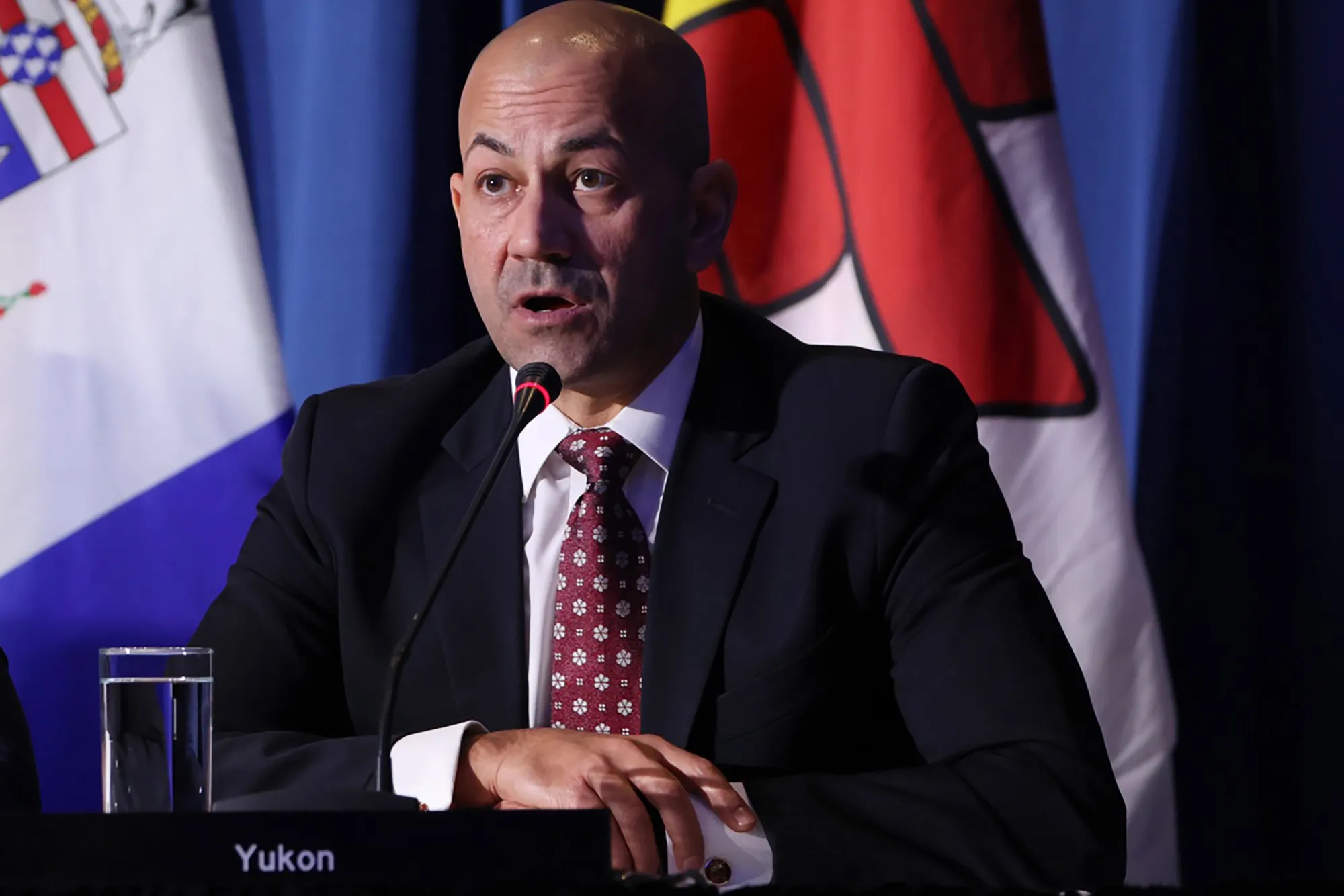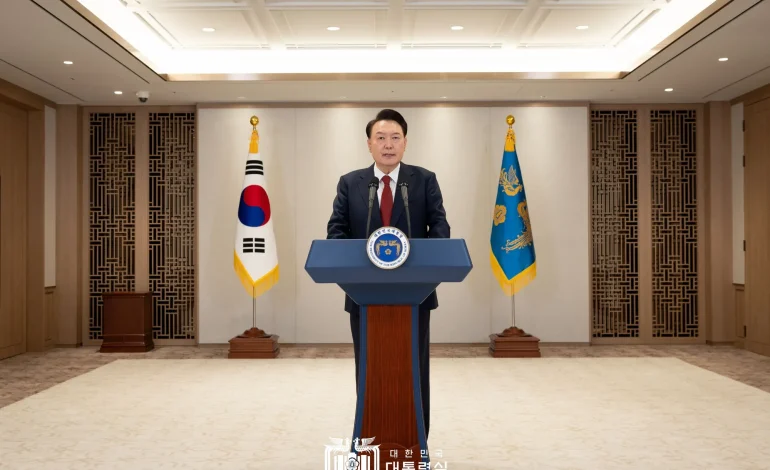South Korea’s Constitutional Court has commenced its review of the impeachment case against President Yoon Suk Yeol, following a tumultuous weekend that saw the National Assembly vote to suspend him from office, Bloomberg reports.
The court began deliberations on Monday, scheduling a preparatory hearing for December 27, according to court officials.
The impeachment motion, passed Saturday after securing cross-party support, stemmed from Yoon’s controversial declaration of martial law on December 3rd. This unprecedented move plunged the nation into political turmoil, prompting the opposition to swiftly push for his removal. Prime Minister Han Duck-soo has assumed the role of acting president.
A joint investigation team plans to question Yoon on Wednesday regarding allegations of insurrection and abuse of power, Yonhap News reported. Investigators may even seek an arrest warrant, according to local media. Yoon himself has vowed to fight the impeachment in court, stating on Saturday that he would “never give up.”
The Constitutional Court’s decision on whether to remove Yoon from office or reinstate him could take up to six months, though previous impeachment cases have typically been resolved within two to three months. While attendance at the December 27 hearing is optional, the court’s current composition of six justices (out of a full complement of nine) has raised concerns. Court spokeswoman Lee Jean stated that a ruling is still possible with the current number of justices, though the opposition party is pushing for the speedy appointment of the remaining three nominees before the end of December. The decision on appointing these justices rests with the acting president.
The impeachment has had a mixed impact on South Korea’s financial markets. Initial rallies in the currency and stock market following the vote were reversed as investor concerns shifted back to broader economic worries. Anushka Shah, a senior credit officer at Moody’s Ratings, warned that delays in the court’s decision could negatively impact the economy through prolonged disruptions and work stoppages.
Adding to the political upheaval, Han Dong-hoon, leader of the ruling People Power Party (PPP), announced his resignation on Monday amidst mounting pressure. Han, who had previously served as Yoon’s justice minister, had surprisingly voiced support for the impeachment motion before the vote, a move that drew criticism within his own party. While apologizing to PPP supporters dissatisfied with Yoon’s impeachment, Han maintained he had no regrets about his decision.









